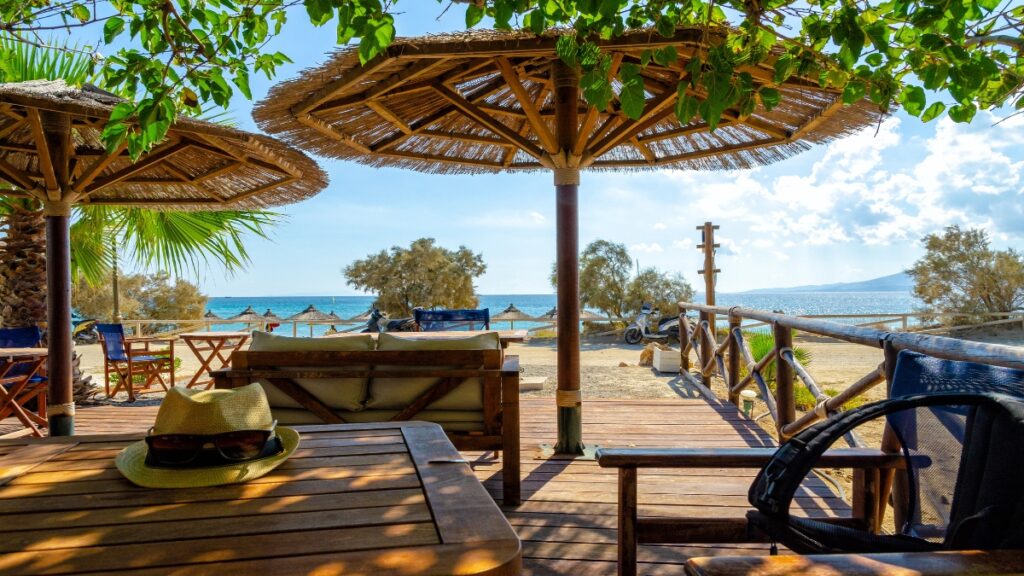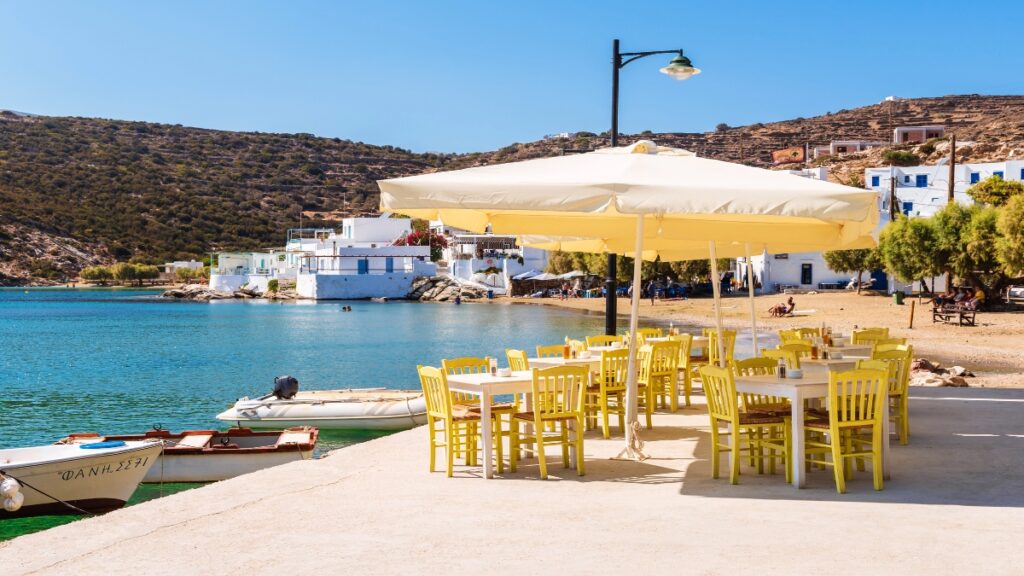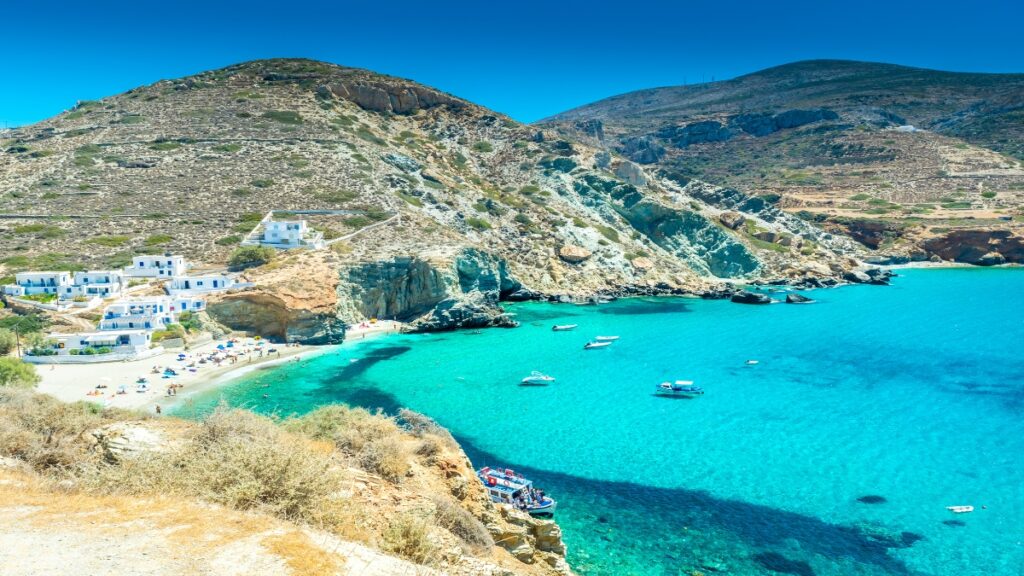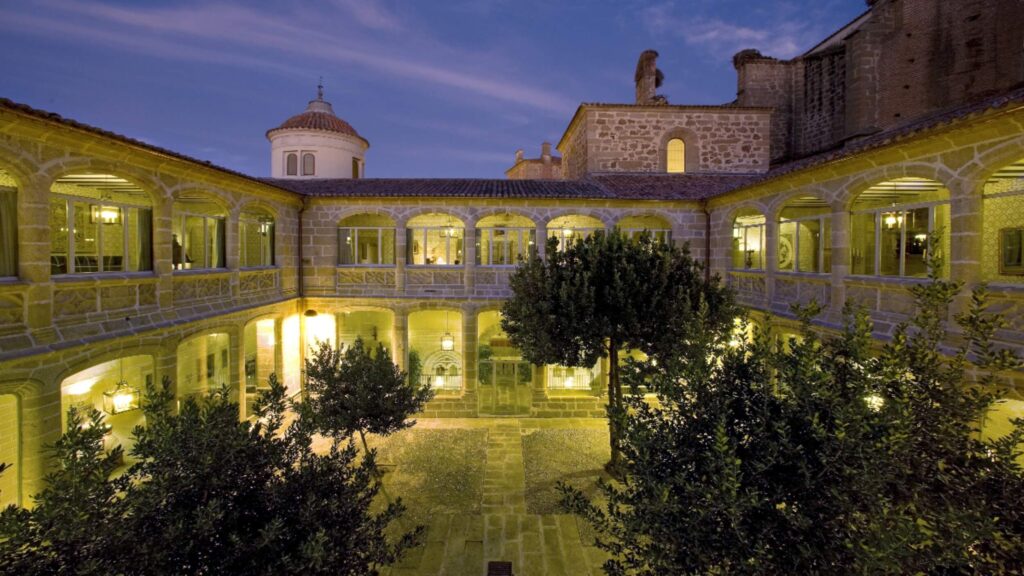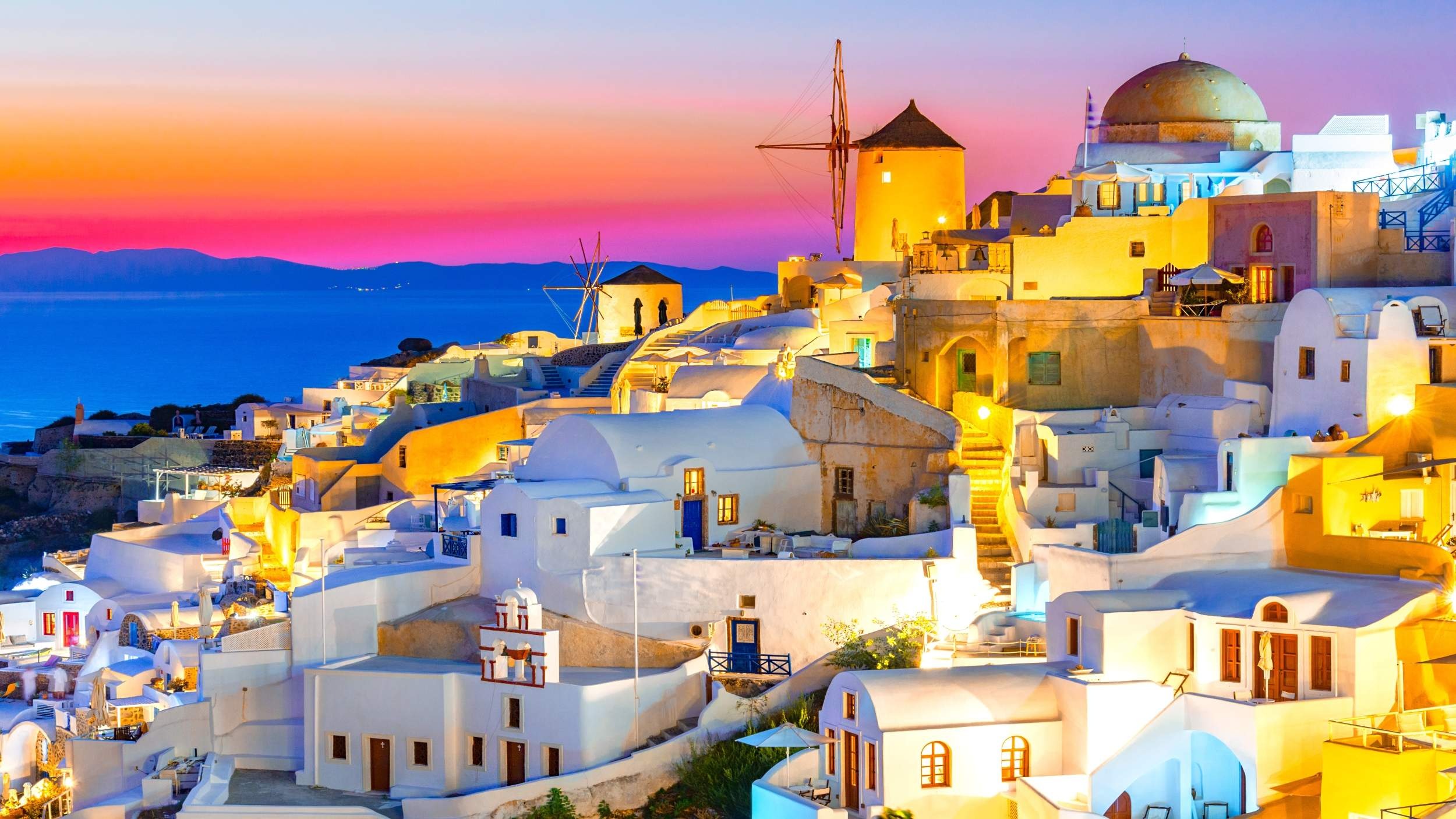
Croatia vs Greece: Complete Travel Comparison
Mediterranean Destinations reveal two unique coastal experiences. Meanwhile, the Croatia v Greece choice highlights distinct cultural landscapes. Furthermore, the Croatian coastline boasts medieval towns and rocky Adriatic shores. In contrast, Greece offers ancient ruins and picturesque island communities. Therefore, these differences guide travelers in selecting their ideal destination.
Historic Landmarks showcase each country’s rich heritage. Particularly, Dubrovnik’s limestone walls reflect Croatia’s maritime history. On the other hand, Athens’ Acropolis embodies Greece’s classical civilization. Certainly, both destinations tell powerful stories through their architectural treasures.

Mediterranean Destinations Worth Exploring
The historic centre of Athens stands as a testament to classical civilisation’s enduring influence. Additionally, the winding pathways lead visitors through neighbourhoods where traditional tavernas serve authentic local dishes. Such experiences help travellers understand the authentic character of these Mediterranean destinations.
The summer months bring perfect conditions for exploring both countries’ coastal attractions. The crystalline waters invite visitors to discover hidden coves and secluded beaches. Certainly, both destinations offer excellent opportunities for swimming, sailing, and coastal exploration.
Traditional festivals celebrate local culture through music, dance, and regional specialities. The warm hospitality of locals creates lasting memories for visitors from around the world. As a result, many travellers find themselves planning return visits to explore more of these captivating destinations.
The careful planning of your Croatia v Greece journey ensures the best possible experience. The peak season offers ideal conditions for experiencing all these destinations have to offer. Most important, allowing time to explore both urban centres and coastal areas provides a complete travel experience.
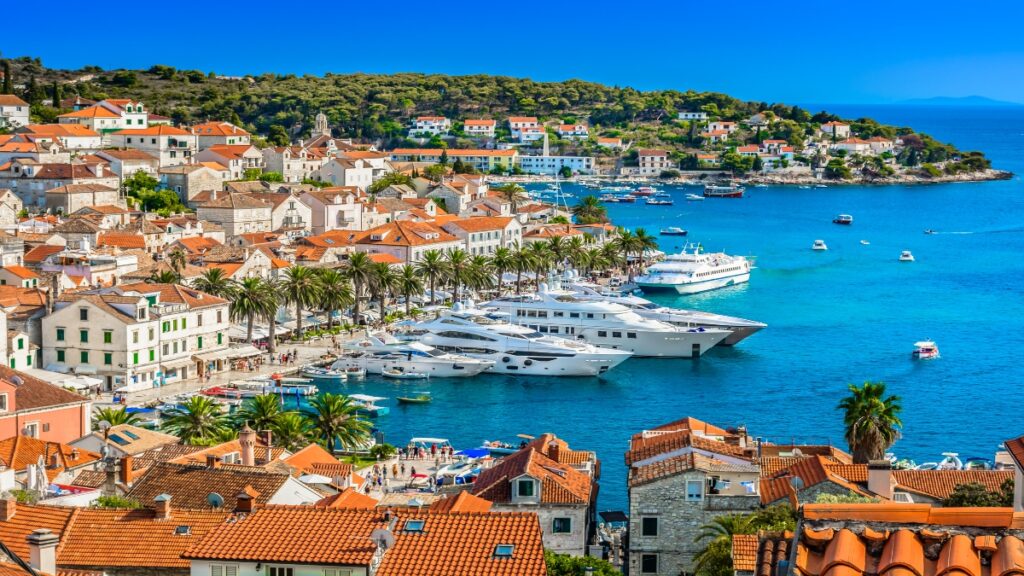
Historical Sites: Exploring Croatia and Greece
The rich cultural heritage shapes these Mediterranean nations in profound ways. Moreover, the Croatia v Greece legacy stands preserved in ancient monuments and archaeological treasures. Especially, specially preserved sites offer windows into centuries of fascinating history.
Ancient Ruins of Croatia and Greece
The ancient sites showcase distinct historical influences across both Mediterranean nations. The Croatia v Greece comparison spans millennia of archaeological treasures. The Roman ruins in Croatia like Pula’s amphitheatre reflect imperial grandeur. Meanwhile, Greek classical sites like the temples of Olympia tell different stories. In fact, each country preserves unique chapters of Mediterranean history.
The architectural styles reveal the regions’ diverse cultural heritage. Croatian ruins showcase Roman engineering through perfectly preserved arches and columns. The Greek ruins emphasize classical proportions with Doric and Ionic architectural elements. Most important, these ancient sites help visitors understand each nation’s unique historical journey.
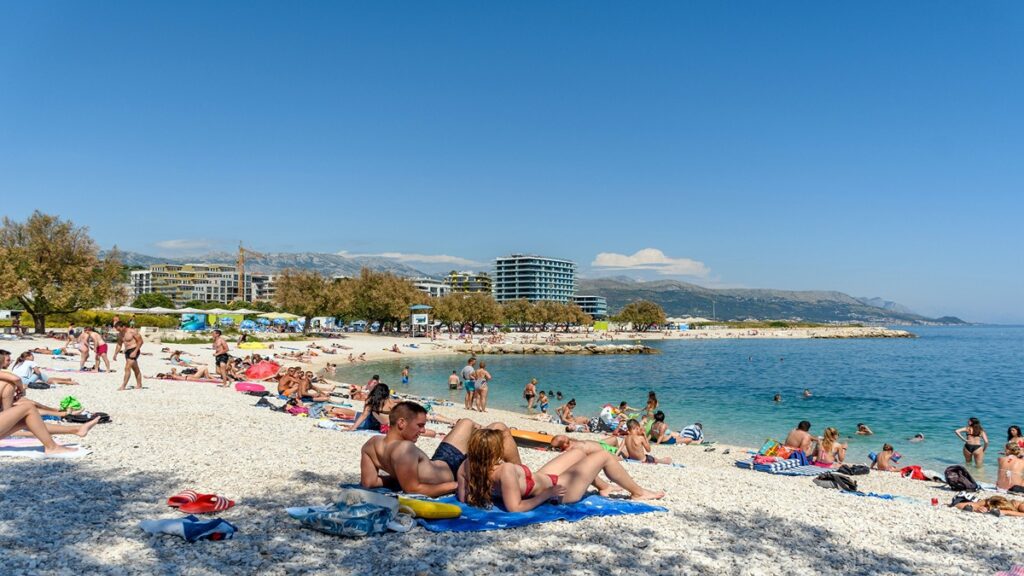
Historical Tourism Highlights
The sacred hills of Delphi hold mysteries from classical Greece’s golden age. The ancient sanctuary tells stories of oracles and prophecies that shaped civilisations. As a result, modern visitors can walk the same paths as ancient pilgrims.
Skilled artisans left their mark through intricate mosaics and detailed stone carvings. The archaeological museums showcase precious artifacts from various historical periods. Certainly, these collections help visitors understand the evolution of Mediterranean civilisations.
Local guides share fascinating stories about ancient traditions that survive to this day. The carefully preserved heritage sites demonstrate the importance of protecting historical treasures. Therefore, both nations continue investing in conservation and archaeological research.
Traditional festivals bring ancient customs alive through music, dance, and ceremonial rituals. The Croatia v Greece cultural experience extends beyond merely viewing historical monuments. Most important, these living traditions connect modern visitors with centuries of Mediterranean heritage.

Croatia V Greeve Tours.
Croatia vs Greece Island Adventures
The azure waters invite travellers to explore stunning coastal landscapes and hidden coves. The Croatia v Greece island comparison reveals unique characteristics of these Mediterranean paradises. In fact, each destination offers distinct island-hopping opportunities for adventurous spirits.
Island Hopping Croatia vs Greece
The ferry networks reveal key differences in island-hopping experiences between these nations. Furthermore, the Croatia v Greece maritime routes serve distinctly different archipelagos with unique advantages. Specifically, in Croatia, shorter distances between Dalmatian islands like Hvar allow quick island visits. Meanwhile, the Croatian system offers frequent daily connections along a linear coastal route. Therefore, Croatian island hopping suits shorter trips with more flexible scheduling.
The Greek system requires more strategic planning for island exploration. Longer journeys between islands like Naxos mean careful consideration of ferry timetables. The Greek ferries connect island clusters through hub-and-spoke networks from major ports. In contrast, Greek island hopping rewards extended stays with deeper cultural immersion. Most important, these differences shape how travelers plan their multi-island adventures in each country.
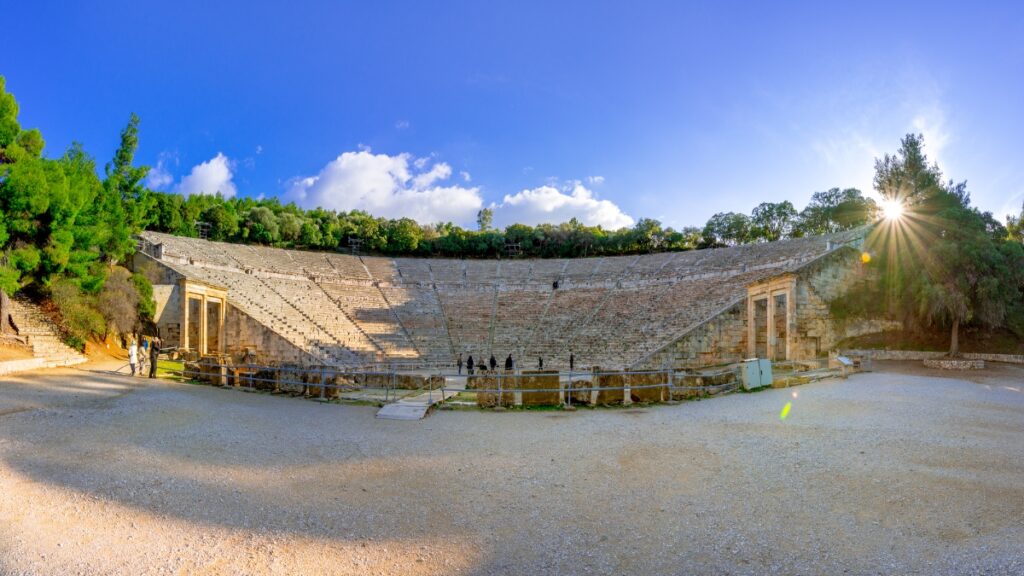
Coastal Experiences in the Mediterranean
The white cliffs of Milos rise dramatically from the crystal-clear Aegean waters. The traditional fishing villages maintain their authentic character despite growing tourism. Most important, these islands preserve their unique cultural heritage.
The hidden beaches await discovery along both nations’ stunning coastlines. The Croatia v Greece coastal experience offers different perspectives on Mediterranean life. Such contrasts help travellers appreciate each destination’s unique charm.
Local fishermen continue ancient traditions passed down through generations. The seaside tavernas serve fresh catches prepared according to time-honoured recipes. As a result, visitors can taste the authentic flavours of the Mediterranean.
Summer evenings bring locals and visitors together for traditional celebrations. The island communities welcome guests with genuine warmth and hospitality. Particularly special moments occur during local festivals celebrating maritime heritage.
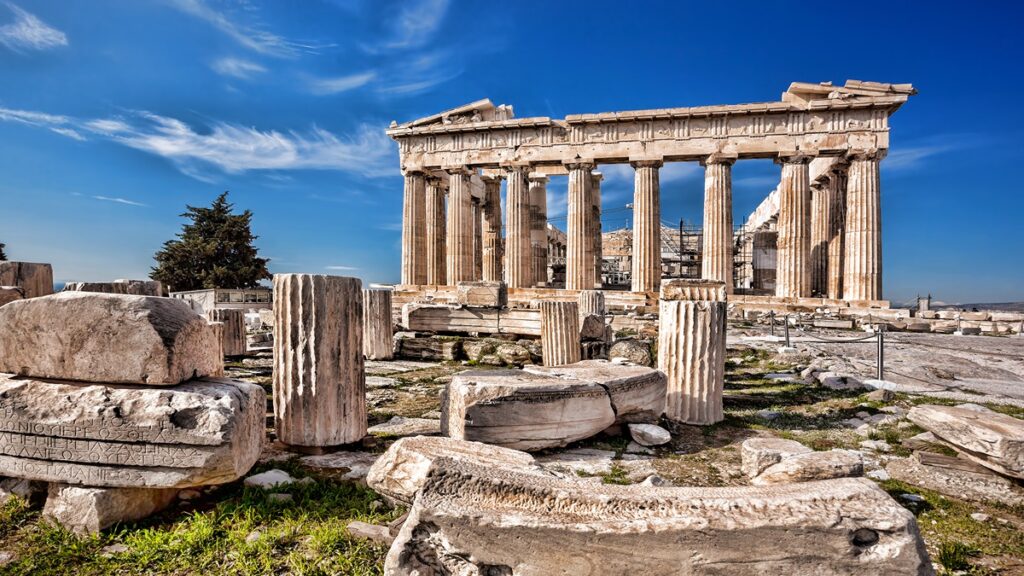
Croatia V Greeve Tours.
Mediterranean Cities in Croatia vs Greece
The urban landscapes offer contrasting perspectives on Mediterranean city life. The Croatia v Greece metropolitan comparison reveals diverse architectural heritage. Traditional markets in Croatian cities showcase local artisanal crafts. Meanwhile, Greek urban centres blend ancient ruins with modern development. In fact, each country’s cities tell unique cultural stories.
The marble streets of Split echo with centuries of maritime history. The Roman architecture blends seamlessly with medieval additions to the cityscape. The local cafes create vibrant social spaces along narrow limestone alleys. Therefore, visitors experience a distinct Croatian interpretation of Mediterranean urban life.
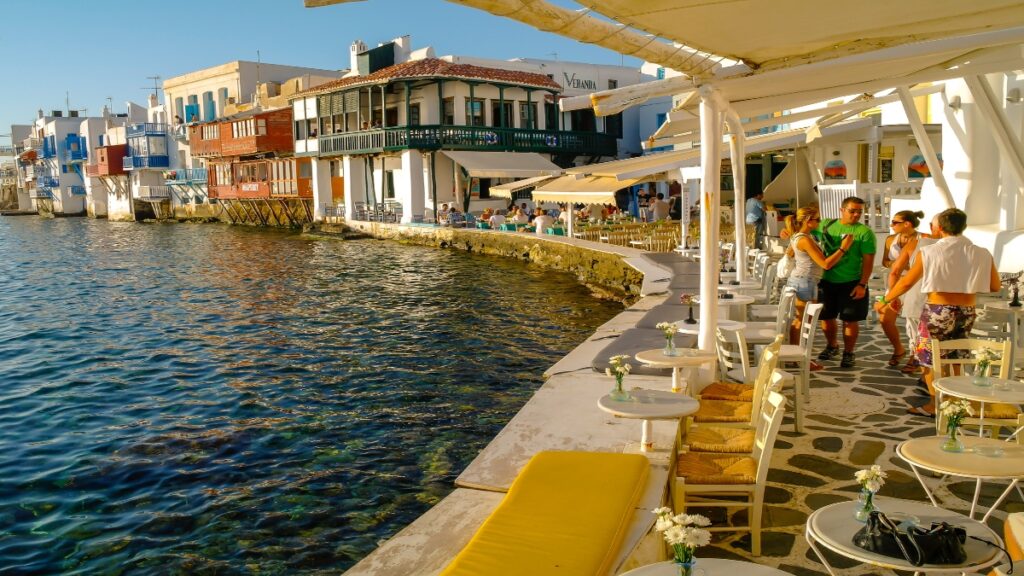
City Break Destination Guide
The ancient agora of Thessaloniki reveals layers of Byzantine and Ottoman influence. The Croatia v Greece urban experience differs in historical context and atmosphere. As a result, each city offers unique perspectives on Mediterranean cultural heritage.
The evening hours transform these cities into hubs of Mediterranean social life. The Croatian coastal towns feature intimate wine bars and seaside restaurants. Meanwhile, Greek cities come alive with traditional music and modern entertainment venues.
Local markets bustle with activity throughout the historic city centres. The traditional crafts and regional specialties reflect each nation’s cultural identity. Most important, these urban spaces preserve authentic Mediterranean life.
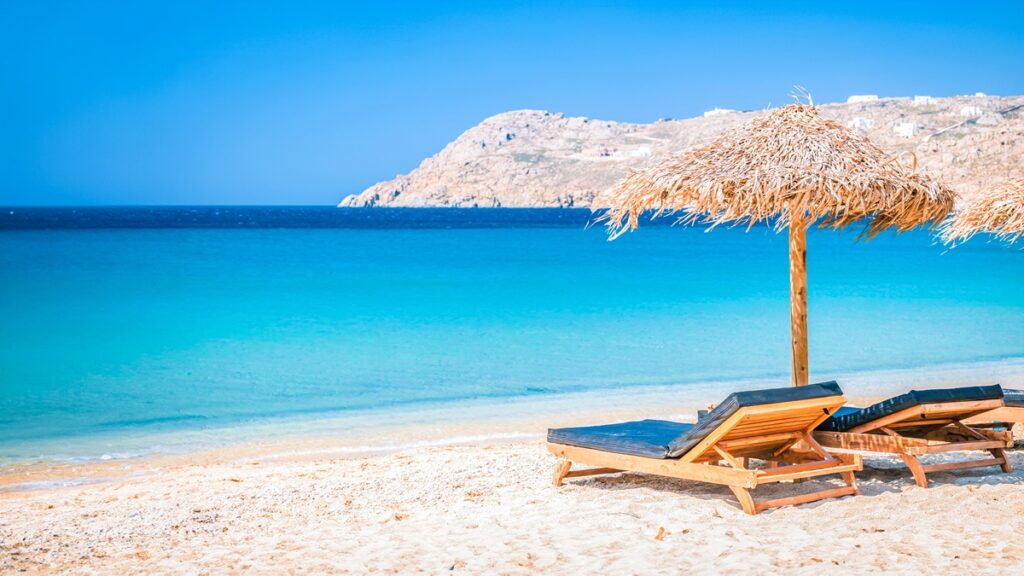
Greece or Croatia Tours:

Natural Landmarks: Croatia Greece Travel Guide
The diverse landscapes reveal distinctive natural treasures in each Mediterranean nation. The Croatia v Greece comparison showcases dramatically different geological features. The Croatian coast presents a rugged limestone shoreline with hidden coves. Meanwhile, Greek terrain varies from volcanic islands to mountainous mainland. Therefore, each destination offers unique outdoor experiences.
Croatia vs Greece Natural Wonders
The turquoise lakes of Plitvice create Croatia’s most photographed natural wonder. The terraced waterfalls cascade through ancient beech forests in pristine wilderness. The network of wooden walkways allows visitors to explore this unique ecosystem. Most important, these protected waters showcase Croatia’s commitment to conservation.
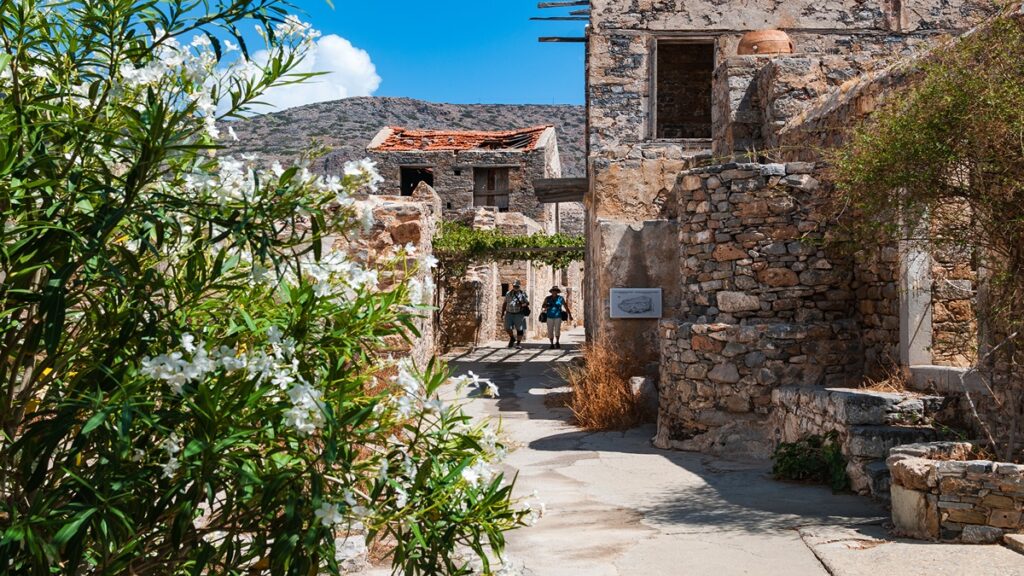
Outdoor Adventure Possibilities
The towering cliffs of Meteora support ancient monasteries perched impossibly high. The Croatia v Greece natural heritage offers distinct opportunities for adventure. In fact, both destinations provide exceptional settings for outdoor activities.
The crystal waters invite exploration of underwater landscapes in both nations. The protected marine areas preserve diverse Mediterranean ecosystems. As a result, visitors can experience untouched natural beauty in various forms.
Traditional pathways connect remote villages through stunning natural scenery. The hiking trails offer different perspectives on Mediterranean landscapes. Particularly special moments occur when discovering hidden beaches and secluded coves.
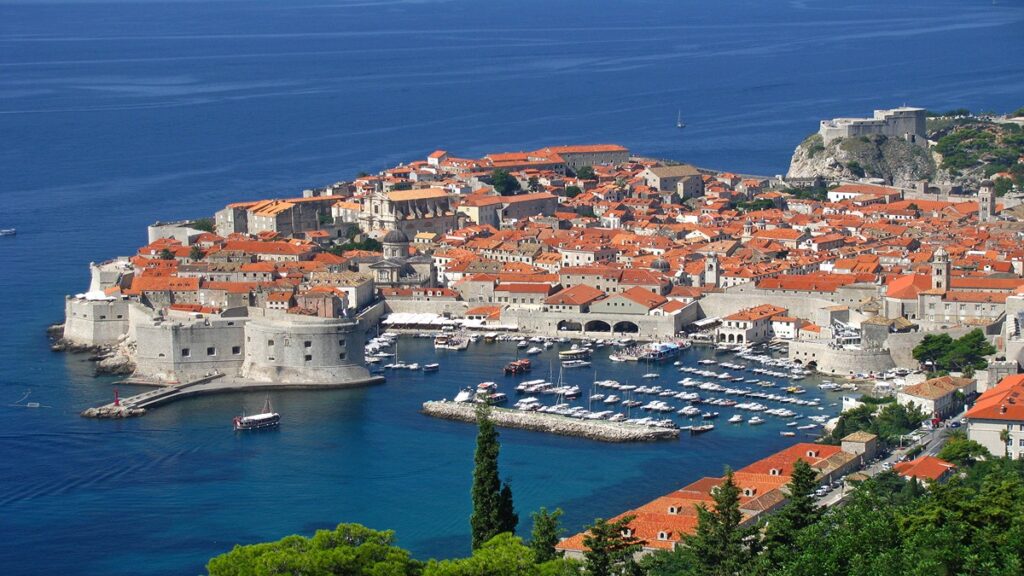
Croatia v Greece Tours:
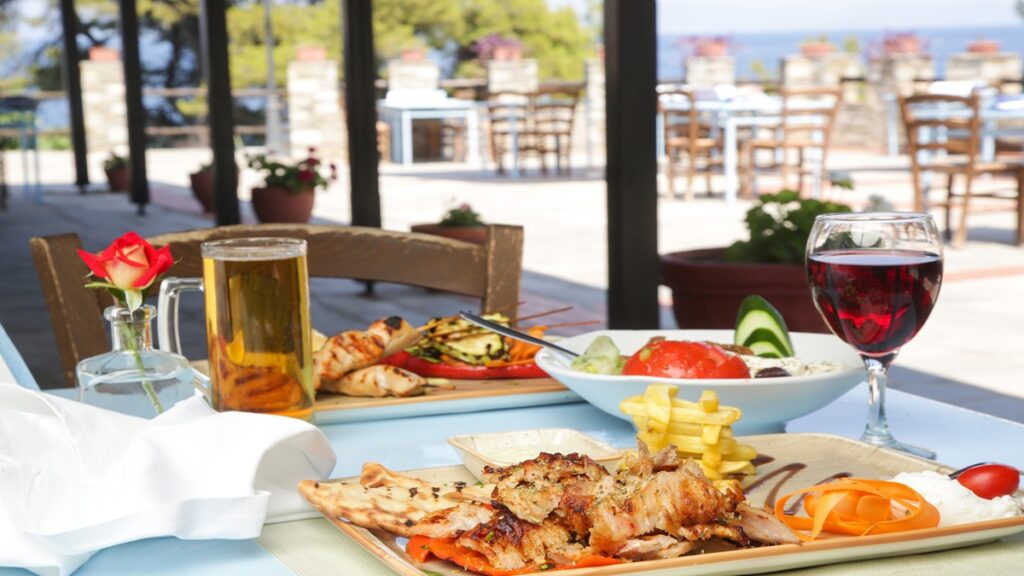
Croatia vs Greece Food Culture
The culinary heritage reflects centuries of diverse cultural influences. The Croatia v Greece gastronomic comparison reveals distinct Mediterranean cooking styles. The Croatian cuisine blends Venetian and Central European traditions. Meanwhile, Greek kitchens preserve ancient Mediterranean cooking methods. In fact, each country’s food tells unique cultural stories.
Croatia vs Greece Traditional Tastes
The seafood restaurants of Rovinj showcase Croatia’s Adriatic culinary excellence. The fresh fish arrives daily at traditional konoba restaurants. The local specialties include grilled squid and black risotto. Most important, these dishes reflect Croatia’s maritime heritage.
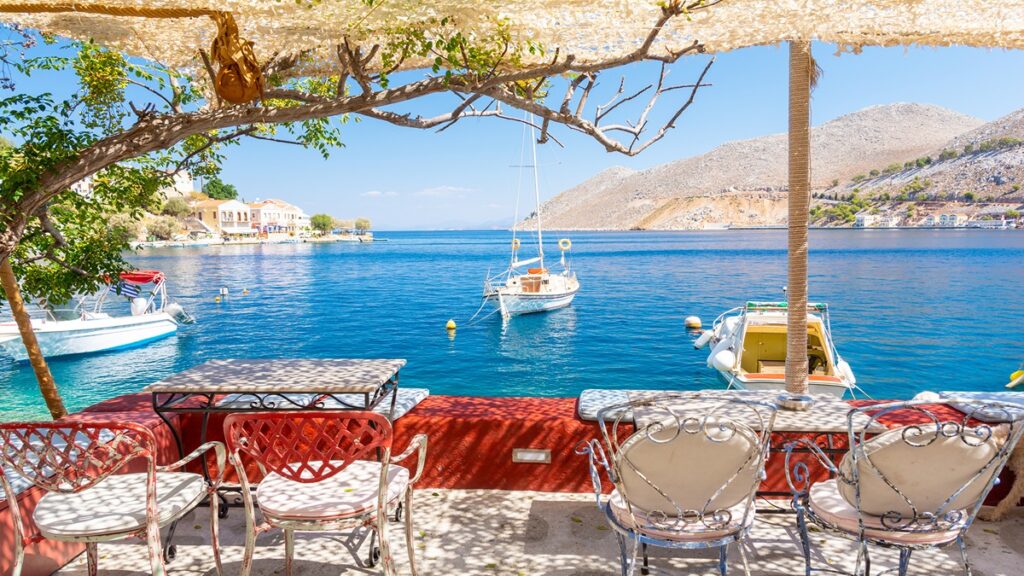
Mediterranean Culinary Journey
The tavernas of Kalamata serve classic Greek dishes with regional variations. The Croatia v Greece dining experience differs in atmosphere and tradition. Therefore, each destination offers unique approaches to Mediterranean flavors.
The local wines complement traditional dishes in both countries. The Croatian vineyards produce distinctive varieties like Plavac Mali. Meanwhile, Greek wineries create unique wines like Assyrtiko.
Traditional recipes pass through generations in both Mediterranean nations. The cooking methods preserve authentic flavors and techniques. As a result, visitors experience genuine regional cuisine.
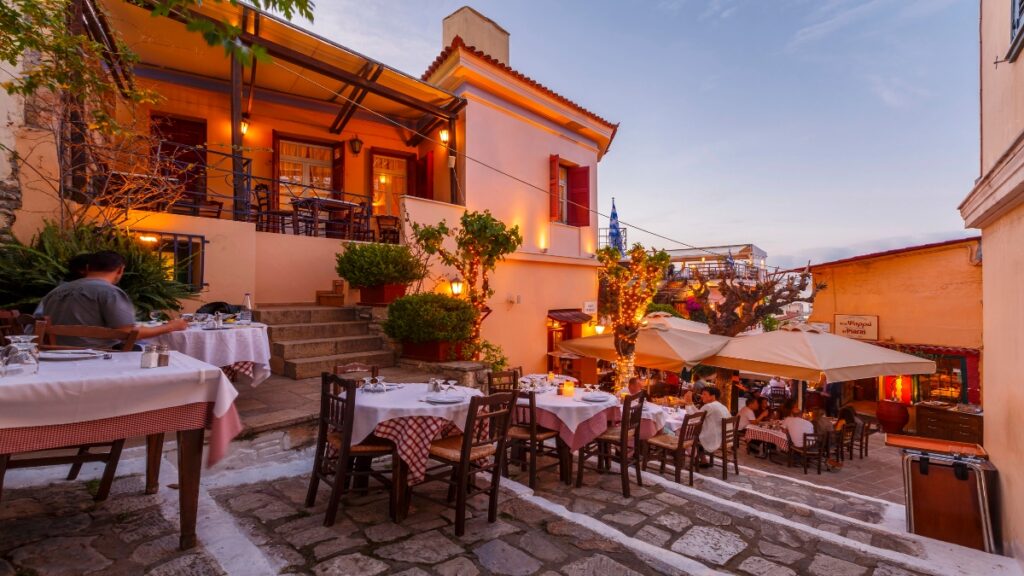
Travel Costs: Croatia or Greece Vacation
The travel budgets vary significantly between these Mediterranean destinations. The Croatia v Greece cost comparison reveals different value propositions. The Croatian coastal cities offer mid-range accommodation and dining options. Meanwhile, Greek islands command premium prices during peak season. In fact, careful planning helps maximize value in both countries.
Croatia vs Greece Budget Planning
The charming streets of Zadar provide affordable accommodation and dining experiences. The Croatia v Greece price differences become apparent in tourist facilities. Therefore, budget-conscious travelers often find Croatian destinations more economical.
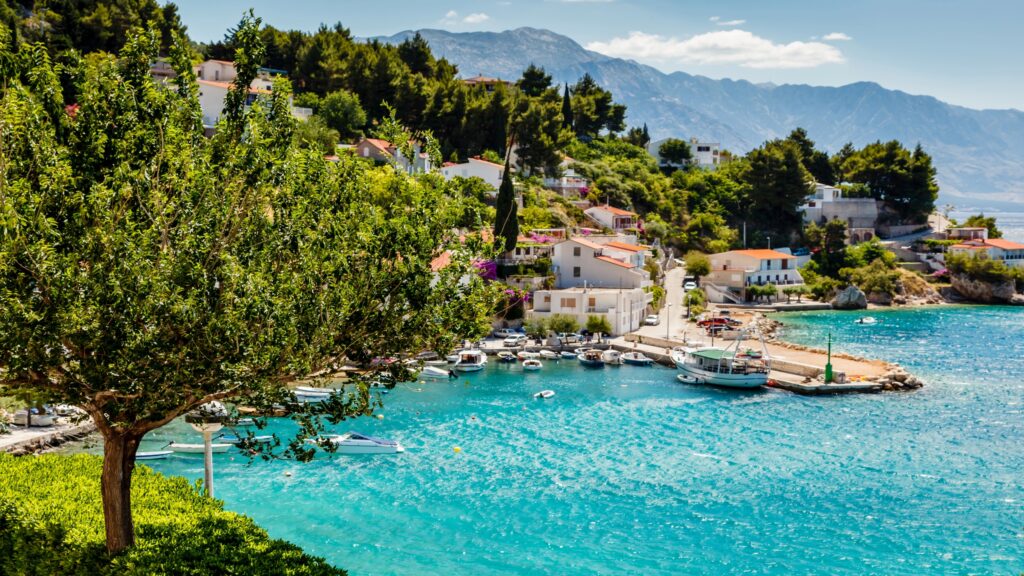
Value for Money Travel Tips
The historic district of Nafplio offers reasonable prices away from major tourist hubs. The local markets and family tavernas serve authentic meals at fair prices. As a result, both destinations provide options for different budget levels.
The shoulder seasons bring significant savings in both Mediterranean nations. The accommodation prices drop while weather remains pleasant for exploration. Most important, timing your visit helps optimize travel costs.
Local transport options vary in accessibility and affordability between countries. The Croatian bus network offers economical travel between coastal cities. Meanwhile, Greek ferry services connect islands at varying price points.
Croatia vs Greece Final Choice
Choosing between Croatia and Greece depends on your specific travel priorities. Both countries offer unique Mediterranean experiences, each excelling in different aspects of cultural heritage and coastal adventures. Your personal interests will ultimately guide the best destination selection.
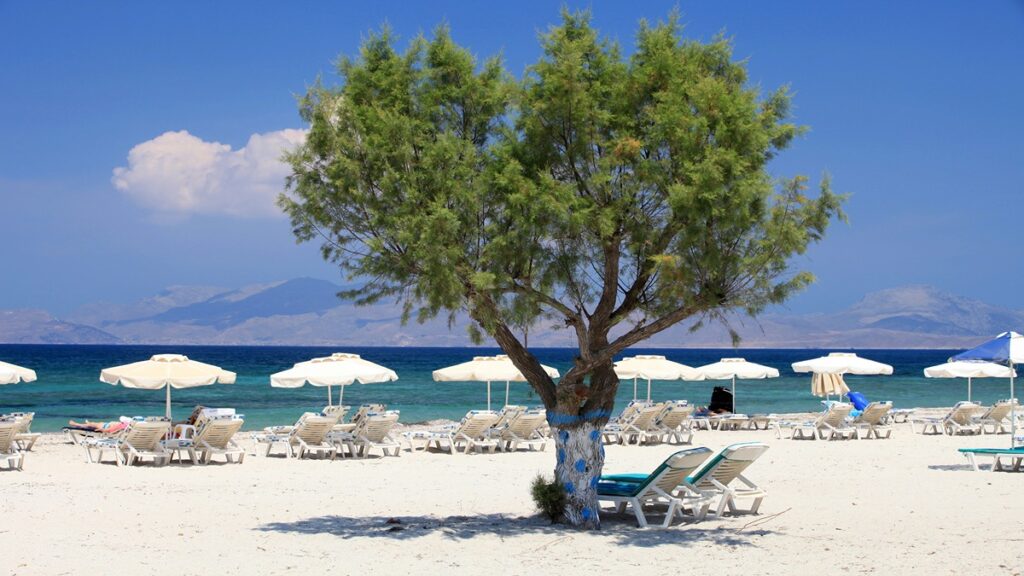
Final Verdict: Croatia v Greece
The Mediterranean adventure beckons travelers to make a pivotal choice between two stunning destinations. The Croatia v Greece decision requires careful analysis of distinct travel experiences and priorities. Croatia offers medieval charm, efficient coastal connections, and value-driven exploration opportunities through its Dalmatian archipelago. Meanwhile, Greece presents classical wonders, traditional island life, and iconic Mediterranean landscapes that have shaped civilization.
Your decision hinges on specific interests and practical considerations that shape every journey. Croatia rewards visitors with preserved medieval towns, crystalline waters, and easier island connectivity along the Adriatic coast. In contrast, Greece captivates through ancient ruins, traditional island culture, and celebrated Mediterranean cuisine. Most important, both nations offer unforgettable coastal experiences, each writing unique chapters in their Mediterranean story.
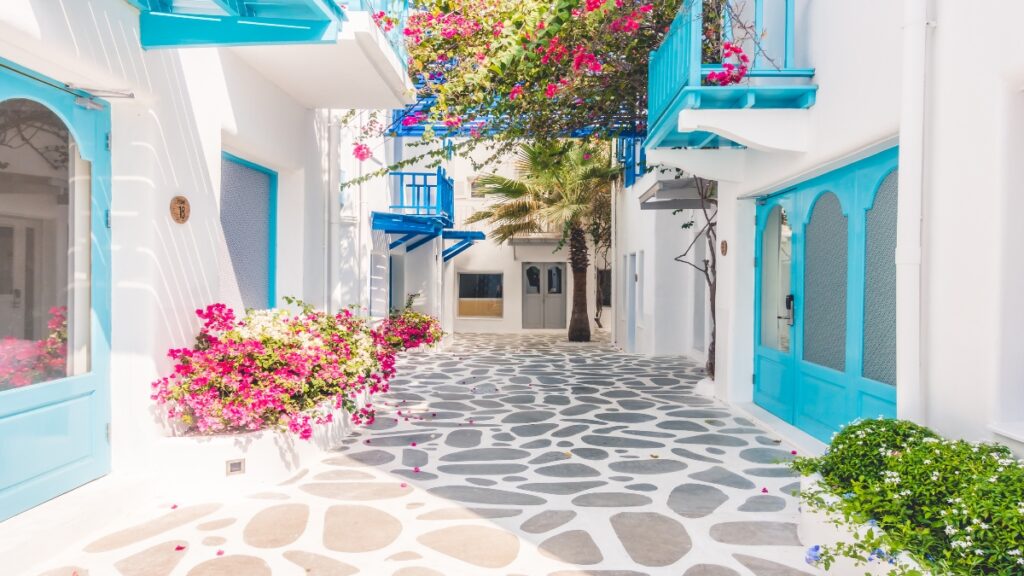
Keep Reading for More Inspiration!
Website designed by CLARET TELA


